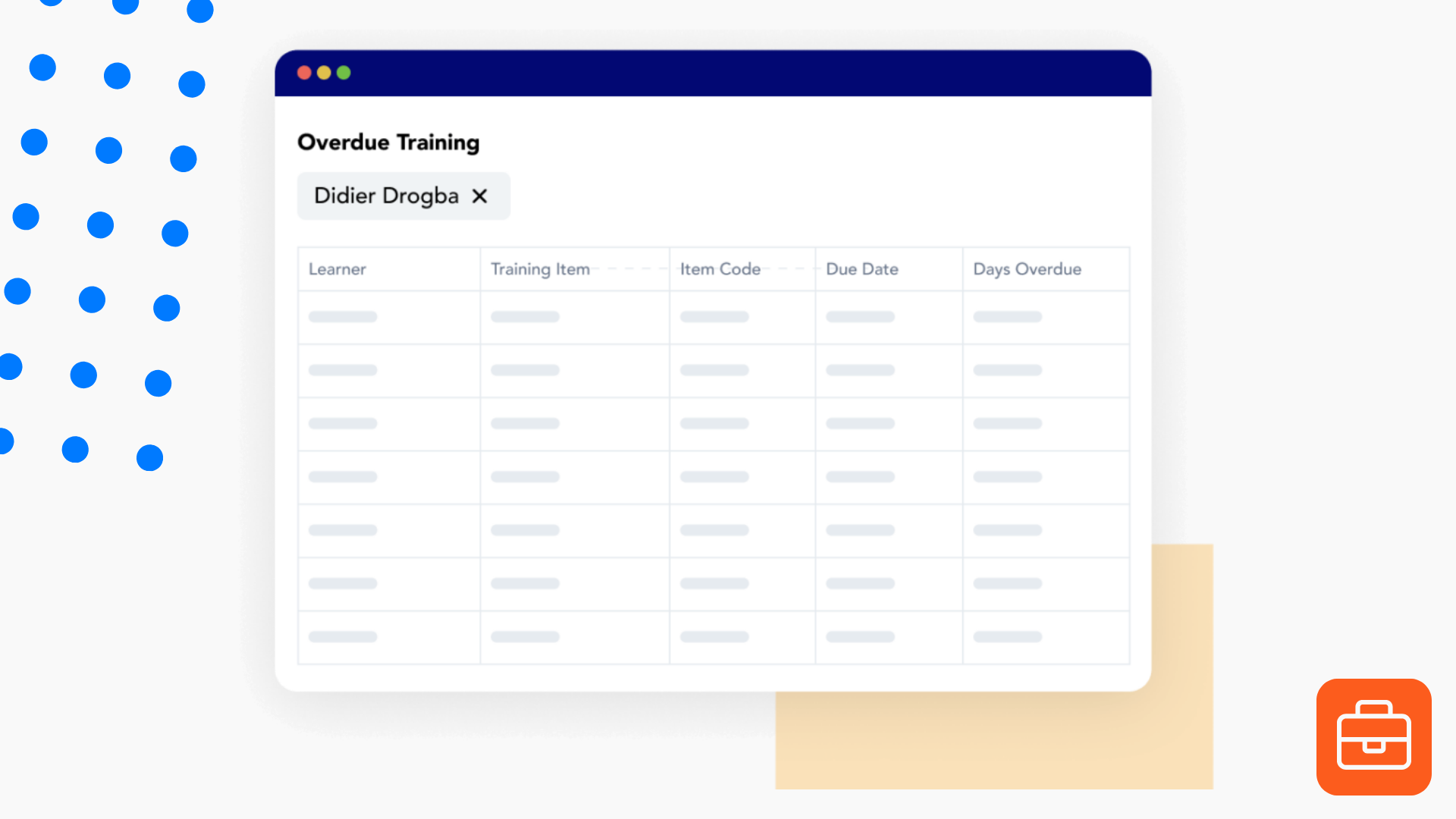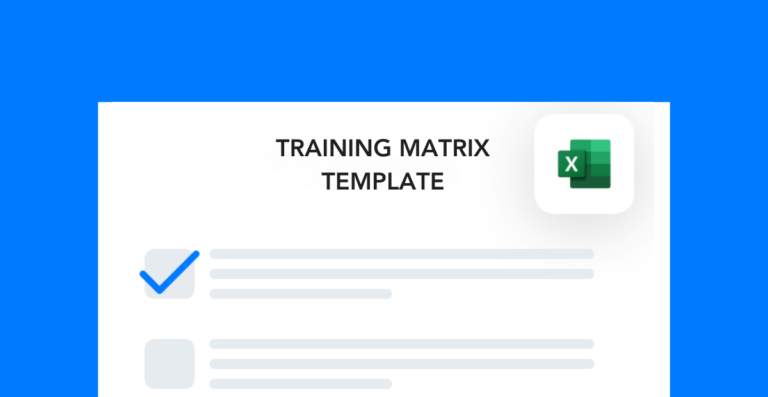From scheduling and conducting classes to documenting completion, training workers requires quite a bit of administrative work. And keeping up with regulatory requirements can be difficult if you take a manual approach. That’s why so many companies are turning towards LMS technology to lighten their loads. In this post, we’ll discuss what an LMS is and how it makes training workers easier.
What is an LMS?
An LMS, or learning management system, is a software system that you can use to create, schedule, track, and document training. Using cloud-based technology, you can access and manage your training data from a computer. This includes data like:
- Training materials (SCORM files, PowerPoints, quizzes, etc.)
- Progress reports
- Class schedules
- User history and test scores
LMS tools and features
Not all learning management systems have the same tools available. It all depends on which provider you use. However, it’s good to know some of the main features available so you can pick a system that works best for your company.
Safety training tracking
Every LMS should have safety training tracking capabilities. You should be able to see all the pending, in progress, complete, and past due training assignments at any time. This is what allows you to manage compliance so easily.
Training reports
Being able to pull detailed training reports is one of the biggest benefits of using an LMS. Some providers allow you to build custom reports, while almost all providers have built-in reports available. With these reports, you’ll quickly be able to verify compliance and see which modules are past due.
Content management
An LMS serves as the hub for all your training content. You can create courses in the software by uploading training materials and setting up the parameters for assigning and completing the content. Some systems, like Frontline LMS, even have content libraries of pre-made training courses that you can use.
User data
One of the worst parts about tracking training programs manually is managing all your employees’ compliance. Without detailed spreadsheets and stellar documentation, it’s nearly impossible to maintain compliance 100% of the time.
A learning management system keeps all your user data in one spot, so you don’t have to chase it down all the time. This allows you to update user information (name, address, department, etc.) and update their job training requirements with minimal effort.
Remote learning
LMS technology makes it possible for employees to complete courses remotely. Since all the content is hosted in the cloud, anyone with an account can do their assignments from their computer. Some providers even offer a mobile app as well. If you have a lot of employees or remote work locations, having mobile course options available can save you a lot of money on travel costs.
Implementing an LMS can completely transform your company’s training program and the work it takes to manage compliance. When you compare learning management systems with manual tracking processes, then it’s easy to see the advantages of a digital approach.
Advantages of using an LMS
The number one advantage of using an LMS is that it reduces the number of administrative tasks related to training compliance. It eliminates many time-consuming tasks including:
- Sending out training reminders
- Tracking deadlines
- Creating progress reports
- Organizing course content files
Another benefit is that an LMS gives you much better oversight of your training program. With detailed program analytics, you’ll be able to find areas of improvement faster and more often.
Managing everything from the same platform gives you more flexibility for reaching compliance. And since everyone is using the same training materials, then you’ll have more consistent results across your company.
The question you should be asking yourself is: “what is an LMS compared to the system I already have in place?” If you’re struggling to stay on top of your workload, then upgrading to software is one of the best ways to simplify your processes. With an LMS, you can improve the quality of your training program, lower costs, and save your team a ton of time.




